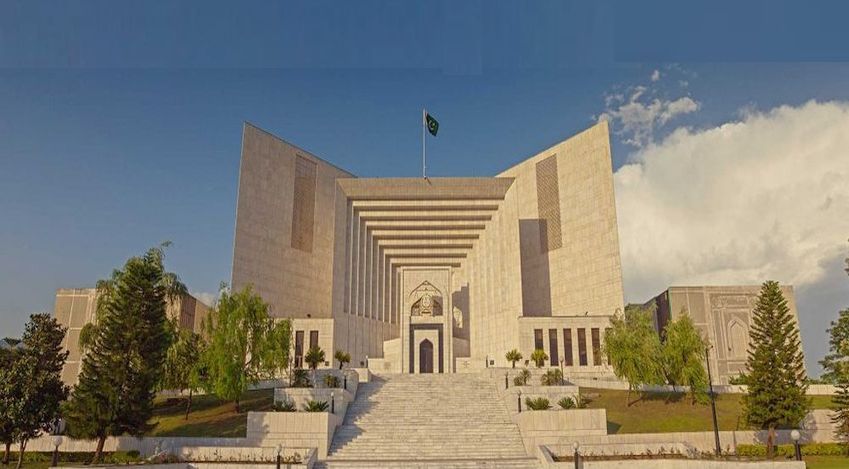The Brutal Nature of the Crime, particularly the Murder of a Student, Justified the Application of the Anti-Terrorism Act, 1997 to Deter such Acts of Terror and maintain Public Safety --- Supreme Court of Pakistan
Islamabad 17-08-2024: In a significant ruling, the Supreme Court of Pakistan has partially overturned the convictions of two men previously sentenced under the Anti-Terrorism Act, 1997 (ATA) in a high-profile abduction and murder case from Rawalpindi. The Court, by a majority decision, set aside the sentences under the ATA while upholding the life imprisonment awarded under the Pakistan Penal Code (PPC).
The case centered around the tragic abduction of Qazi Abdul Qadir, a student who was kidnapped for ransom in September 2008. Despite the best efforts of his family to negotiate with the kidnappers, Qadir was brutally murdered, and his body was later recovered based on information provided by the accused. The Anti-Terrorism Court (ATC) had originally convicted the accused under multiple sections of the ATA and PPC, sentencing them to death.
On appeal, the Lahore High Court commuted the death sentences to life imprisonment but maintained the conviction under the ATA. The case was further contested in the Supreme Court, where the central issue was whether the crime met the criteria for terrorism under the ATA.
The majority opinion, authored by Mr. Justice Jamal Khan Mandokhail, emphasized that not all crimes listed in the Third Schedule of the ATA automatically qualify as acts of terrorism. The Court noted that for a crime to be considered terrorism under Section 6 of the ATA, there must be a clear intent to terrorize the public or coerce the government. In this case, the prosecution failed to establish such intent, leading the Court to rule that the convictions under the ATA were without jurisdiction.
The Court further clarified that the inclusion of kidnapping for ransom in the Third Schedule of the ATA is intended to ensure a speedy trial due to the heinous nature of the crime, but it does not transform every such crime into an act of terrorism.
However, the Court upheld the life sentences under Section 365-A of the PPC, noting that the prosecution had successfully proven the abduction for ransom and the subsequent murder. The Court also acknowledged a compromise reached between the legal heirs of the deceased and the accused under Section 302(b) of the PPC, leading to the acquittal of the accused for the murder charge.
In a dissenting opinion, Mr. Justice Syed Hasan Azhar Rizvi disagreed with the majority's decision to set aside the ATA convictions. He argued that the brutal nature of the crime, particularly the murder of a student, justified the application of the ATA to deter such acts of terror and maintain public safety.
This ruling underscores the importance of clear intent in applying anti-terrorism laws and reaffirms the judiciary's commitment to ensuring that the law is applied judiciously and within its intended scope.
Powered by Froala Editor








